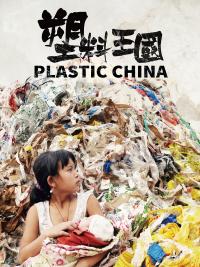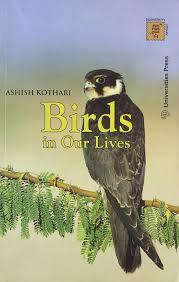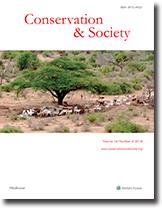Making a Green Machine: The Infrastructure of Beverage Container Recycling
Finn Arne Jørgensen examines the development of the Scandinavian beverage container deposit-refund system, which has the highest return rates in the world, from 1970 to the present day. He reveals the challenges faced when the system was exported internationally and explores the critical role of technological infrastructures and consumer convenience in modern recycling.







